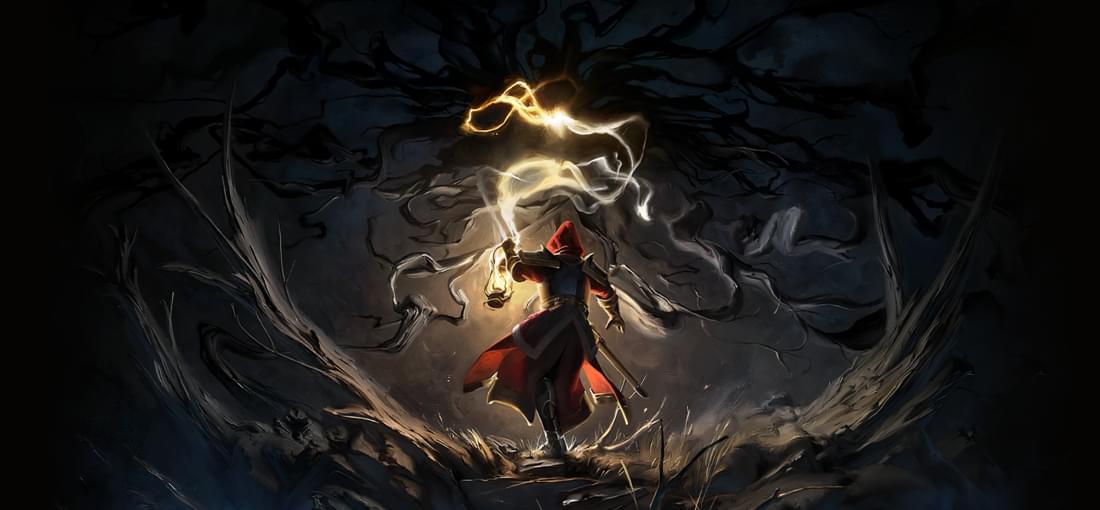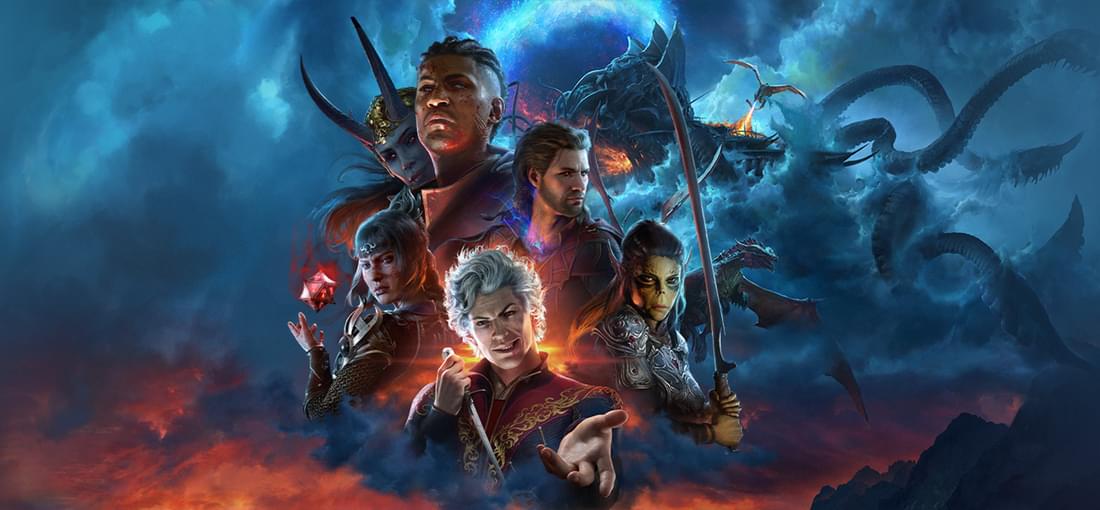


In "Mandragora: Whispers of the Witch Tree," players are immediately faced with a punishing difficulty that quickly proves more frustrating than rewarding. While the art and atmosphere are undeniably beautiful, the core gameplay loop feels less like a challenging journey and more like a cruel test of patience. The game's relentless difficulty, especially in boss encounters, feels less like a deliberate design choice and more like a crutch for a lack of creative depth. The experience improves drastically with community-made mods that address the punishing difficulty, suggesting the developers' vision was flawed from the start. It's a shame that a game with such potential relies on this outdated and frankly lazy design strategy. The industry needs to move beyond using extreme difficulty as a substitute for genuine innovation and engaging mechanics. This approach is a clear sign of creative bankruptcy, and "Mandragora" is a prime example of a game that suffers for it.

Baldur's Gate 3 is a visual masterpiece, boasting stunning graphics that capture the intricate details of its fantastical world. The landscapes and character designs are truly a feast for the eyes, drawing players into its vibrant universe. However, the user interface leaves much to be desired. It's a bit of a labyrinth, often making simple tasks feel unnecessarily complicated and hindering the overall gameplay experience. The game excels in providing players with near-boundless freedom in their choices, allowing for a highly personalized adventure. Unfortunately, this sense of immersion is somewhat dampened by modern elements that feel out of place in the classic fantasy setting. While Baldur's Gate 3 may not quite reach the heights of Divinity: Original Sin 2, it still stands out as one of the best releases in recent years, offering a rich and engaging experience that surpasses most contemporary RPGs.